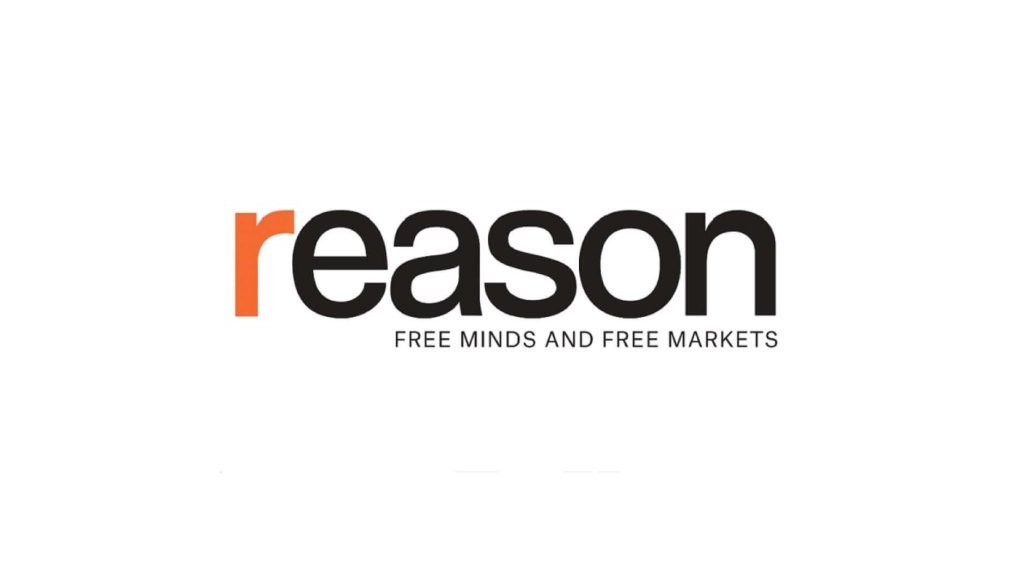No Sealing of Dupont Documents in Toxic Tort Case
From Wednesday’s decision by Judge Robert Numbers (E.D.N.C.) in Dew v. E.I. Dupont de Nemours & Co.:
Plaintiffs, current and former residents of southeastern North Carolina, claim that Defendants contaminated the Cape Fear River with toxic chemicals. After conducting discovery, Defendants asked the court to grant summary judgment in their favor. A part of summary judgment briefing, the parties filed a wealth of documents and information, some of which Defendants claim contained sensitive business information.
Defendants … sought to keep 36 documents under seal. Defendants said, in conclusory fashion, that each document should be kept under seal because they contained some combination of confidential, sensitive, and non-public business information. They also noted that each of the documents had been designated as Confidential or Highly Confidential under the protective order entered by the court. But beyond that, Defendants provided neither substantive argument, nor evidence in support of their motion….
As with all aspects of the federal government, the federal courts belong to the People of the United States. As a result, the public has “a general right to inspect and copy … judicial records and documents.” Allowing public access to judicial records advances the public’s “interest in ensuring basic fairness and deterring official misconduct not only in the outcome of certain proceedings, but also in the very proceedings themselves.”
But the public’s “right to inspect and copy judicial records is not absolute.” “Every court has supervisory power over its own records and files,” and can deny the public access to those records and files when they may be used “for improper purposes.” …
The documents Defendants wish to keep under seal were filed in connection with a summary judg
Article from Reason.com

The Reason Magazine website is a go-to destination for libertarians seeking cogent analysis, investigative reporting, and thought-provoking commentary. Championing the principles of individual freedom, limited government, and free markets, the site offers a diverse range of articles, videos, and podcasts that challenge conventional wisdom and advocate for libertarian solutions. Whether you’re interested in politics, culture, or technology, Reason provides a unique lens that prioritizes liberty and rational discourse. It’s an essential resource for those who value critical thinking and nuanced debate in the pursuit of a freer society.




